U.S. President Donald Trump jetted into Saudi Arabia on May 14, 2025, and decided to throw a diplomatic party no one saw coming. With a flourish, he announced the lifting of all U.S. sanctions on Syria, then cozied up with Syria’s interim President Ahmed al-Sharaa for a historic handshake that had the Middle East buzzing and Israel raising an eyebrow.
Picture this: Trump, Saudi Crown Prince Mohammed bin Salman (aka MbS), and al-Sharaa, the former al-Qaeda affiliate turned Syrian leader, posing for photos like old pals at a high school reunion. The scene, broadcast on Saudi state TV, was less world leaders summit and more diplomatic speed-dating, with Trump urging al-Sharaa to join the Abraham Accords and make nice with Israel.
Now, al-Sharaa’s resume reads like a thriller novel: once a key player in al-Qaeda’s Syrian wing, he spent five years in a U.S. prison and had a $10 million bounty on his head until December 2024. Yet, there he was, charming Trump, who called him a young, attractive, tough guy with a very strong past and a shot at holding it together.
Trump’s pitch was simple: Syria, get your act together and join the cool kids’ club of the Abraham Accords, where the UAE, Bahrain, and Morocco have already normalized ties with Israel. Al-Sharaa, nodding like a bobblehead, reportedly said “yes” but admitted Syria’s got some homework to do first.
The sanctions lift, pushed by MbS and Turkey’s Recep Tayyip Erdogan, is like giving Syria a golden ticket to the global economy. It opens doors for humanitarian aid, foreign investment, and rebuilding a country battered by civil war.
But not everyone’s popping champagne. Israel, America’s BFF in the region, is feeling a bit like the kid not invited to the party. Prime Minister Benjamin Netanyahu reportedly begged Trump not to lift the sanctions, wary of al-Sharaa’s Islamist roots and Syria’s cozy history with Iran.
Israel’s skepticism isn’t baseless. Despite al-Sharaa cutting ties with al-Qaeda in 2016, Israeli officials still whisper “jihadist” when his name comes up. Plus, recent sectarian violence in Syria, including attacks by Islamist gunmen on Alawite civilians, hasn’t exactly screamed “stable governance.”
Yet, Trump’s not sweating it. “This trip is very good for Israel,” he told reporters, brushing off concerns like a seasoned stand-up comic dodging hecklers. His logic? His chummy ties with Gulf leaders will somehow sprinkle peace dust across the region.
Speaking of the Gulf, Trump’s Middle East tour is less a diplomatic mission and more a deal-making extravaganza. Saudi Arabia pledged $600 billion in U.S. investments and $142 billion in arms deals, while Qatar, Trump’s next stop, inked a $200 billion Boeing jet order.
Qatar’s a particularly juicy subplot. Back in 2017, Trump backed a Saudi-led embargo accusing Doha of funding terrorism. Fast forward to 2025, and he’s sipping tea with Qatar’s Emir Sheikh Tamim bin Hamad Al-Thani, who’s grinning ear-to-ear as their ties “go to another level.”
The Trump-al-Sharaa meeting wasn’t just handshakes and photo ops. They talked serious business: counterterrorism, deporting “Palestinian terrorists,” and tackling ISIS detention centers in northeast Syria. The Syrian foreign ministry called it “historic,” though they conveniently skipped mentioning the Abraham Accords.
Next up, U.S. Secretary of State Marco Rubio will chat with his Syrian counterpart in Turkey to keep the diplomatic ball rolling. Saudi Arabia’s Foreign Minister Faisal bin Farhan Al-Saud chimed in, promising Riyadh’s support for Syria’s economic comeback.
This whole saga is like a geopolitical rom-com: unlikely characters, dramatic plot twists, and a dash of hope that everyone might just get along. Trump’s betting that lifting sanctions and nudging Syria toward Israel could rewrite the Middle East’s script.
For al-Sharaa, it’s a chance to pivot from rebel to reformer, proving he can steer Syria out of chaos. The sanctions relief could be the economic Red Bull his government needs to stabilize a fractured nation.
And for the region? It’s a bold, if risky, step toward peace. The Abraham Accords, once a long shot, have already brought Arab nations and Israel closer. If Syria joins, it could be a game-changer—or a diplomatic blooper reel.
So, here we are, watching Trump play matchmaker in the Middle East, with al-Sharaa as the wildcard and Israel nervously checking its phone for updates. Will this diplomatic dance lead to peace or just more drama? Stay tuned—this story’s got more twists than a telenovela.


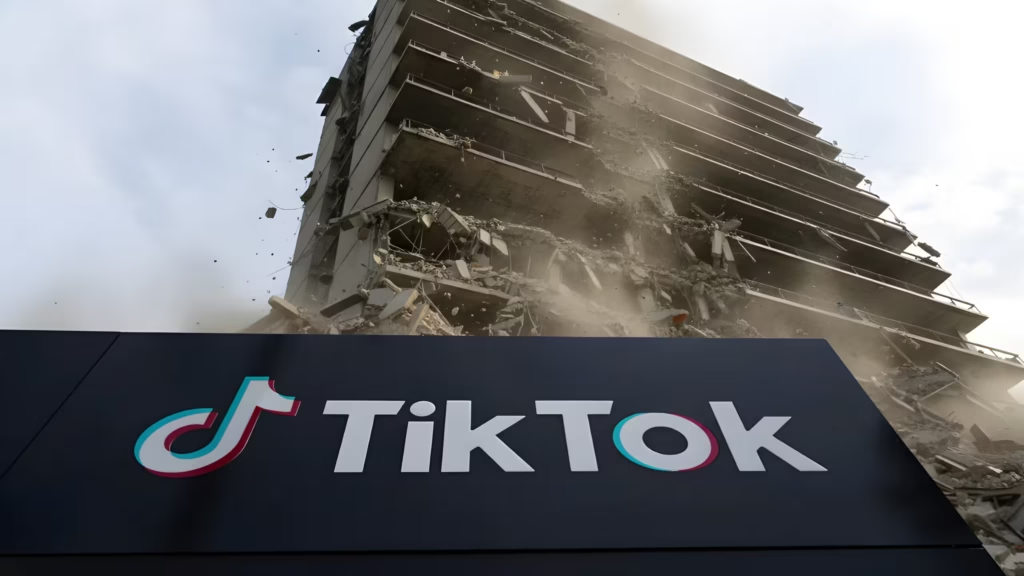
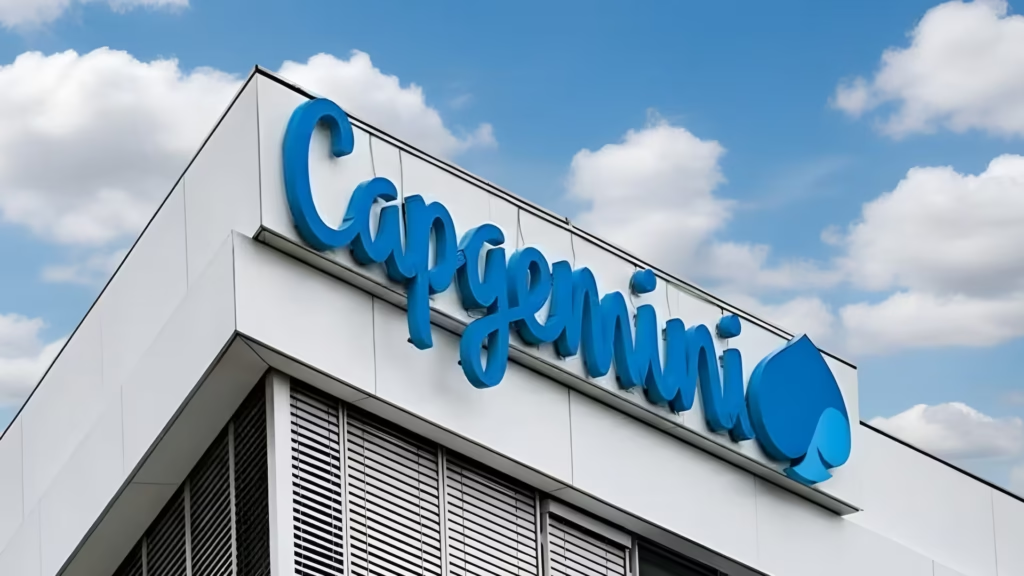


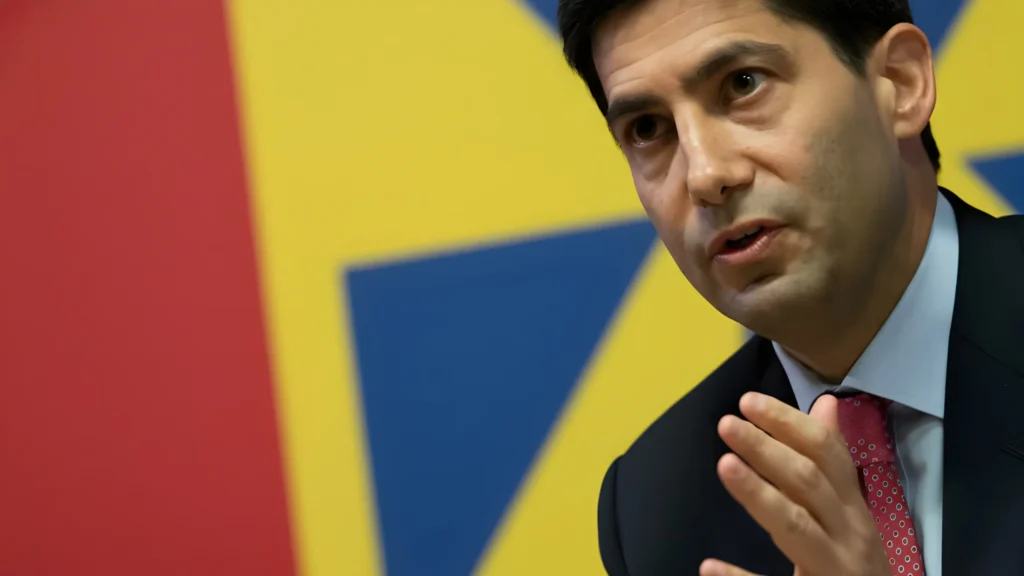

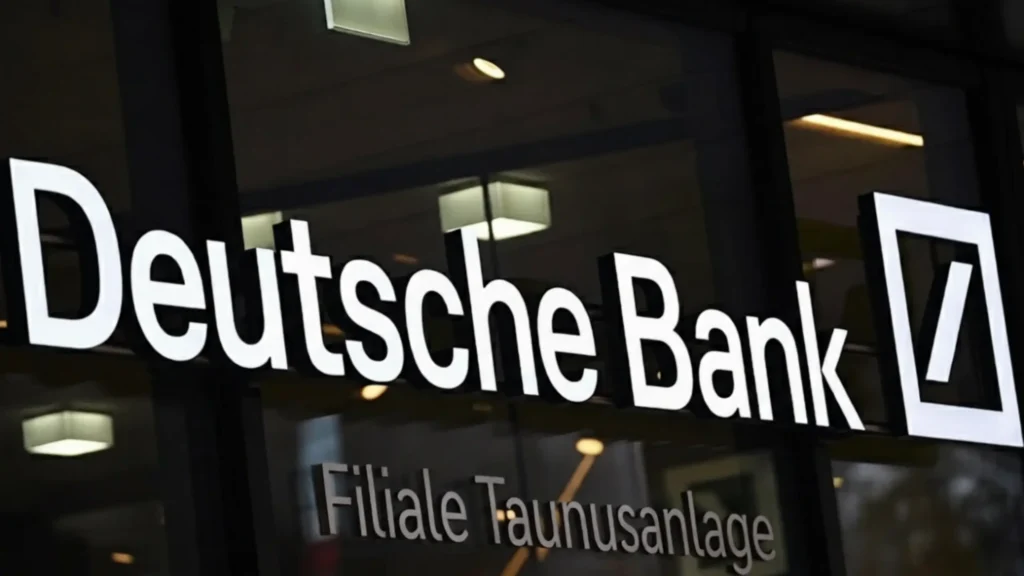
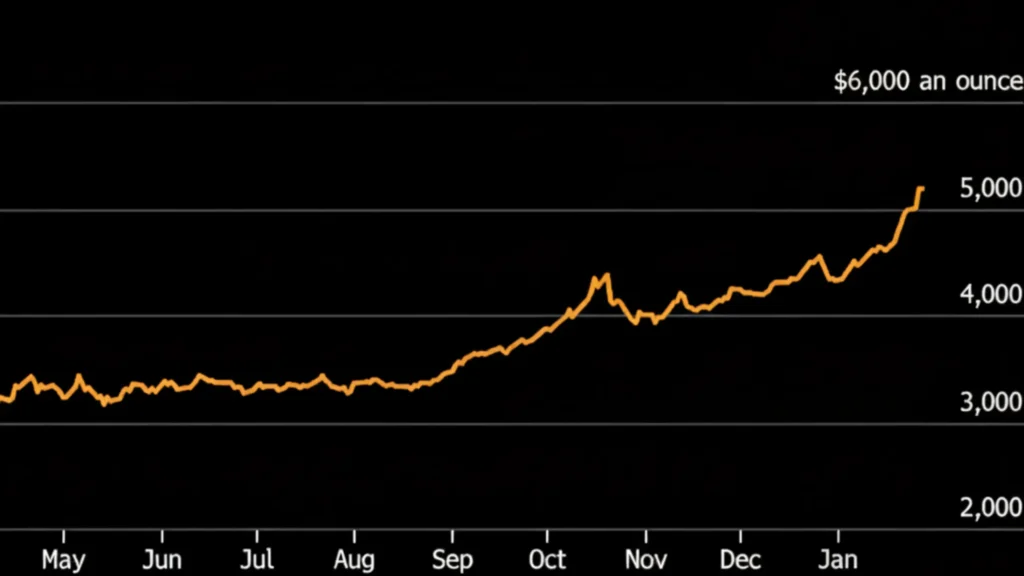
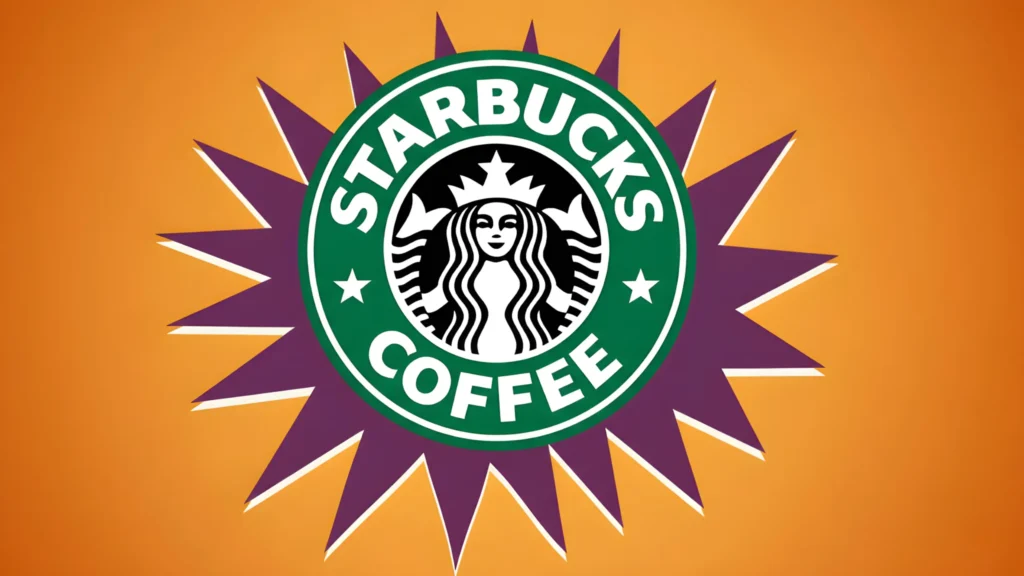

Leave a Reply